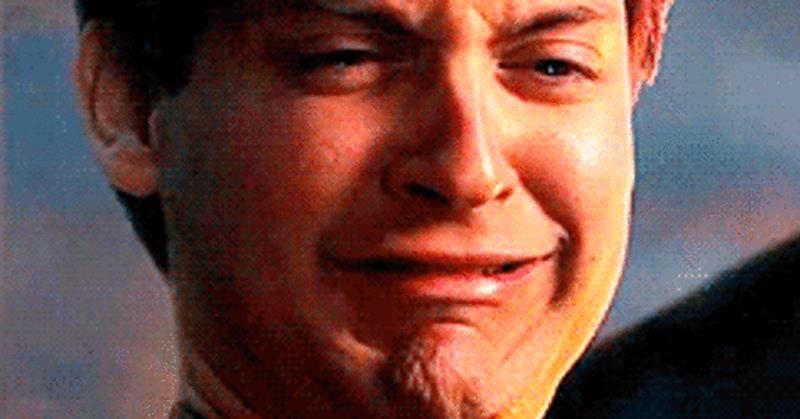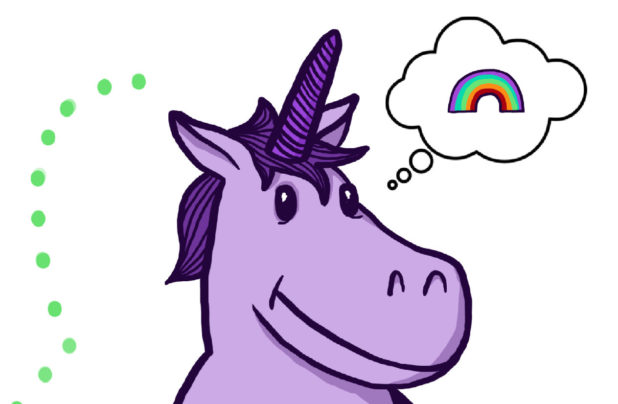Pomidor Quixote
Daily Stormer
January 14, 2020
Current year in a nutshell.
America is a nation of achievers. Its men can’t help but keep reaching new levels of whatever it is they do.
Unfortunately for the future of the world, what American men appear to be doing these days is mostly being effeminate emotional messes.
Unthreatening, toddler-like gazes.
Now, new levels of gay have been reached.
In a chalet in the Massachusetts countryside, tears run down Lucas Krump’s cheeks as he pours his heart out at one of a new kind of support group growing in popularity among American men.
‘There were moments this year when I wanted to give up,’ the 40-year-old told the circle of participants, all tired of trying to live up to traditional male stereotypes.
The dozen men – all white Americans ranging in age from their 20s to 60s – were leading a retreat run by Evryman, a group that helps men shrug off the armor of masculinity to get in touch with their true feelings.
Like a sort of anti-‘Fight Club’.
Yeah, “get in touch” with your feelings; reach out to them. Give them a call or message them on Facebook.
Ask them to come over to have a good time.
Over the course of one weekend last month, 55 men opened up about their weaknesses and insecurities at the chalet, as snow fell quietly in the woods outside Race Brook Lodge in Sheffield.
‘I am sad. I am afraid,’ says attendee Michael. He wished he could tell his family how he feels, but finds it hard.
The groups are seeing a surge in attendance, reflecting a shift in attitudes and increased curiosity about what it means to be male, particularly among US millennials – as well as growing debate about so-called ‘toxic masculinity’ fueled by the #MeToo movement.
There’s something deeply unsettling about feminine-looking beings with gay attitudes asking about what it means to be male and trying to redefine masculinity.
Sorta like asking your mommy what having a dick feels like.
Another participant, Tom, is struggling to get over a recent breakup.
‘I felt a lot of pain. I felt a lot of sadness,’ he says, as his fellow attendees look on with concern.
Participants share their experiences and take part in group and one-on-one workshops where they learn to deal with feelings of anxiety and anger.
Ryan Zagone has been attending sessions for six months.
‘I grew up in Louisiana where the definition of a man is very narrow. Do you hunt or do you play football? And I didn’t do either. I grew up feeling like an outsider,’ he said
‘Coming here for the first time gave me role models of other ways to be as a man. How to be emotional in… a way that is powerful, loving, empathetic and at the same time strong,’ Zagone added.
Do words not mean anything anymore?
Going on a weekend retreat to cry and talk about how you feel is anything but powerful. There is no way to be emotional and strong at the same time because being emotional makes you unstable, unreliable, and easily swayed.
That is one of the reasons why women are biologically incapable of being strong.
Michael Kimmel, a sociologist who specializes in masculinity, says many American men today worry they are not doing as well as their father or grandfather and feel like they are living in a ‘straitjacket’.
‘We live in a society in which every other man is a potential competitor, for jobs, for money, for access, for power,’ he explained.
‘So we don’t look at each other as brothers, we look at each other as rivals. So when you have that kind of relationship, you feel isolated.’
But that is the nature of the game.
The problem is not realizing that a brother can be a rival and a rival can be a brother.
“If you are doing it, I’m doing it. If I don’t do it, will you do it? If you don’t do it, I’ll do it. I’m doing it so that you’ll do it too!”
Men averse to competition are averse to masculinity itself.
Competition creates better and better versions of yourself. There are no safe spaces. You’re either moving forward and playing your cards or staying still and passing your turn. The game doesn’t stop.
Other support groups providing men’s workshops and regular retreats include Junto and ManKind Project.
The idea behind them is not new. Writer Robert Bly pioneered self-help books and therapy sessions for men in the 1990s.
But Owen Marcus, who helped structure Evryman’s programs, says the sessions would never have been this popular 20 years ago.
‘Younger men are much more open to this. They’re more willing to take that initial risk,’ he told AFP.
Men deciding to get together and cry about how sad it makes them feel that they have to face the world after their mommies left them are taking risks?
If they were actually taking risks and competing, they wouldn’t be doing gay shit like that.
They are just passing their turn and getting drunk on emotions.
Presently, Evryman retreats are mainly frequented by straight, white men. The group is working to attract more diverse participants.
Women cannot join for now, however, for fear they will inhibit the men.
Everyman says it has helped thousands of men. It hopes to help many more.
‘We want to have a million do this work’, says co-founder Sascha Lewis, for whom ‘there is a sense of a movement happening here in the US.’
A men-only space in 2020?
Apparently that’s okay as long as it’s intended to further ruin masculinity.








